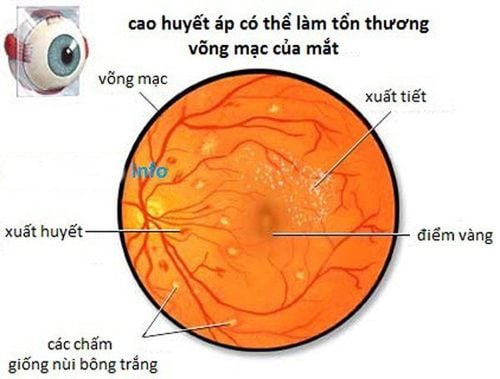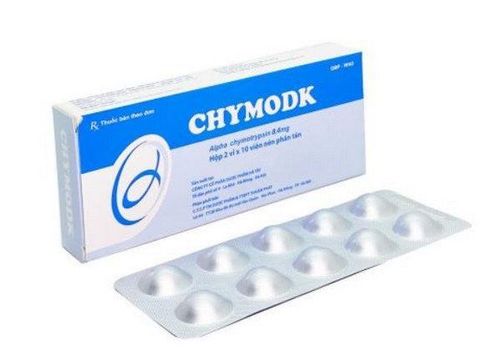This is an automatically translated article.
"Spring conjunctivitis" is common in boys, affecting daily activities, even superinfection if not properly treated.Within 2 months, a 10-year-old boy (in Hanoi) had to have his eyes checked twice because of pink eye. Her mother expressed concern to the doctor: “The whites of the eyes are red and watery. I also have itching and glare, which adversely affects my studies." Through the examination and treatment of the cases, doctor Hoang Cuong (National Eye Hospital, Hanoi) said that the patient had spring conjunctivitis. The disease mostly occurs in teenage boys, tends to recur in the spring - summer cycle, greatly affecting the children's learning, causing trouble for parents. The disease manifests as swelling of the eyelids - conjunctiva, itchy eyes. The disease can be localized to the conjunctiva (white) but there are also cases with lesions in the sclera accompanied by inflammation, ulceration and necrosis.

Bệnh ở mắt cần đi khám, không nên tự ý dùng thuốc
Danger of self-medication According to the doctor, it is worrying that many people go to the pharmacy every time they have eye pain, looking to buy drugs according to the "prescription" of the pharmacy staff without expertise. This condition makes the disease can be aggravated, superinfected, adversely affecting vision. Self-buying and self-use will come with consequences: complications from prolonged use of the drug causing glaucoma (natural head system), ulceration and corneal necrosis due to fungal - bacterial - herpes virus infections, cataracts. Therefore, it is necessary to visit specialized medical facilities to receive the right treatment.
It is suggested that spring conjunctivitis can be treated with a specific desensitization method, but the effectiveness of this method is still controversial because there are several hundred types of allergens, so it is difficult to determine the exact type. Which allergen causes the disease to treat desensitization is not simple. "Fortunately, the disease tends to go into remission and usually goes away completely before the age of 25," said Dr. Cuong. Currently, the treatment can be with cryotherapy, low-dose radiation therapy, surgery - these are methods with specific indications; or drug treatment. Treating uncomfortable symptoms with cold compresses will help most patients calm the itch, avoiding the need to rub their eyes with their hands as much as possible.
According to Thanh Nien Online













